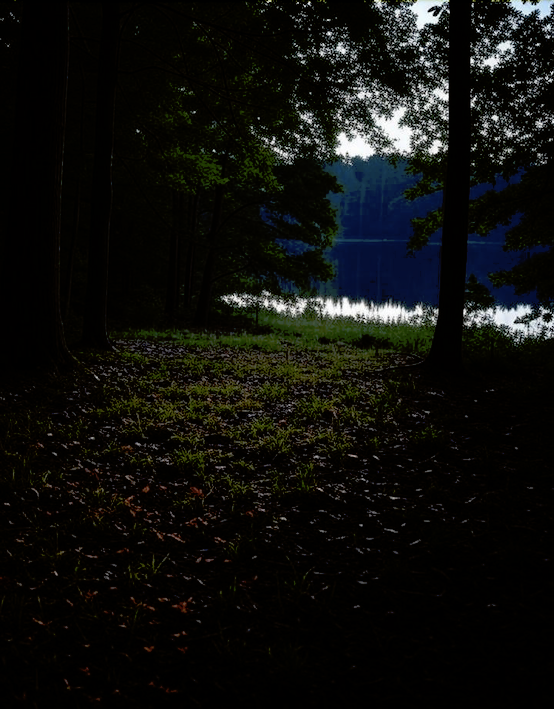The Necessity of Boredom
Boredom is not a void, but a critical threshold for more impactful leadership. It's an off-ramp leading to a new direction. It signals that the usual stimuli have run their course, that the mind is restless for something deeper.
Les Mottosky & WBN News Canada & WBN USA Edition & WBN News Global & WBNNewsCalgary & WBN News Winnipeg & WBN News Okanagan & WBN News Nashville
-
2 min read









